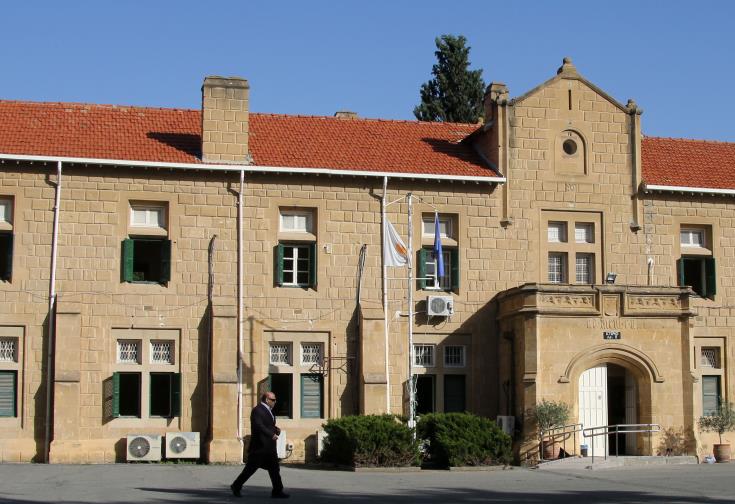Cyprus is contemplating reopening courts with the help of technology which will, in turn, speed up the COVID-19 backlog, said Justice Minister George Savvides.
How to get the justice system back on track were discussed on Monday by the Minister with President Nicos Anastasiades, the Attorney General, president of the Supreme Court, head of the bar association and the law commissioner.
Participants discussed ways of improving the country’s justice system by allowing certain procedures to be done remotely, including hearings through teleconferencing where possible.
The courts have not been fully operational since restrictions were imposed more than a month ago following the COVID-19 outbreak.
Savvides said that participants were looking into ways “the courts could return to full operation as soon as possible, always in line with new decrees issued by the cabinet”.
Proposals on limiting a physical presence in a court other than for trials were tabled with the deputy minister for innovation already tasked with establishing a platform to enable people to file documents online.
Although, this process could take between six to eight weeks.
The authorities also looked into changing the process regarding sworn statements so that people will not have to physically be present in court to sign for them.
Hearings, as proposed, could be held through teleconferencing.
Savvides noted that time is needed as “these need logistical preparation and possibly legislative changes to a certain degree”.
“This week is a week of developments, as the cabinet will be deciding on Wednesday on the road map to relaxing restrictions.”
On Thursday, the Supreme Court will also convene to review the measures it has put in place.
To stop the spread of the coronavirus, the Supreme Court decided a month ago that only urgent cases would be handled until the end of April.
As far as civil cases are concerned, courts are only handling applications seeking interim orders in exceptional cases, appeals relating to property auctions, habeas corpus applications, extradition, asylum cases, and other appeals.
Judges are presiding over cases involving offences under the stay at home decrees.
Courts also continue to preside over criminal cases for which defendants are held in custody.










